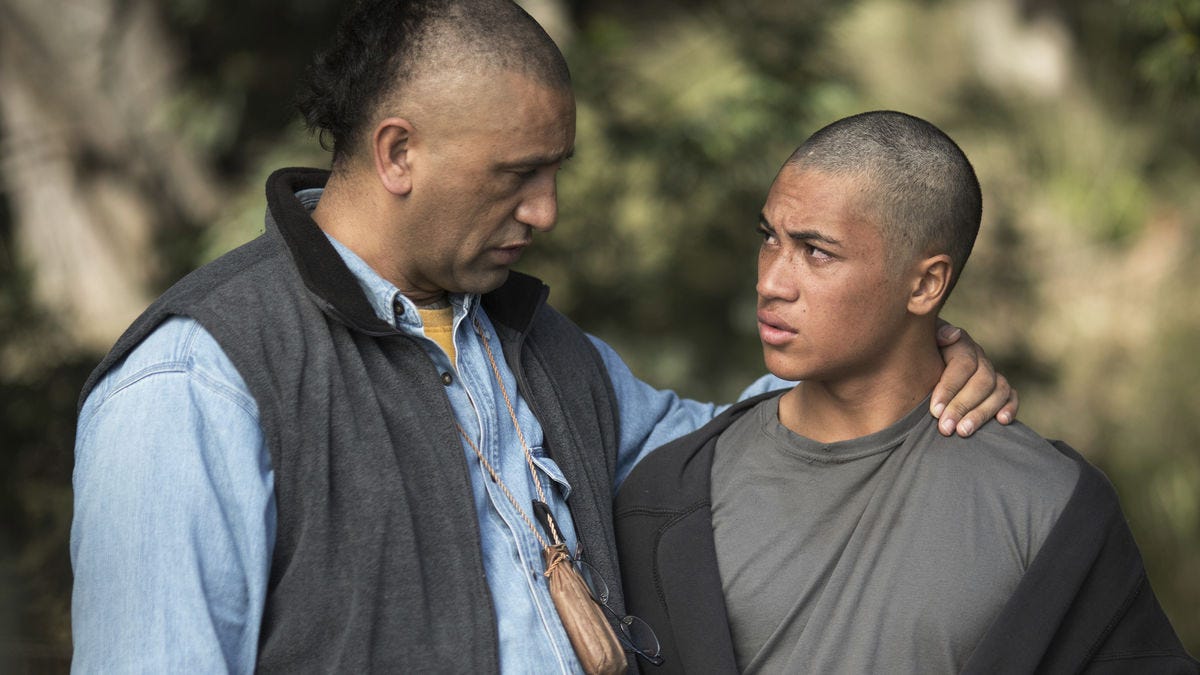Something to watch tonight: Tuesday 28 October
The Dark Horse (Napier Robertson, 2014)
It’s been so busy around here lately that I completely forgot to mention that my backgrounder essay on James Napier Robertson’s Aotearoa classic, The Dark Horse, has been posted to NZ On Screen.
I love being able to stretch out on films like this and the opportunity comes …



